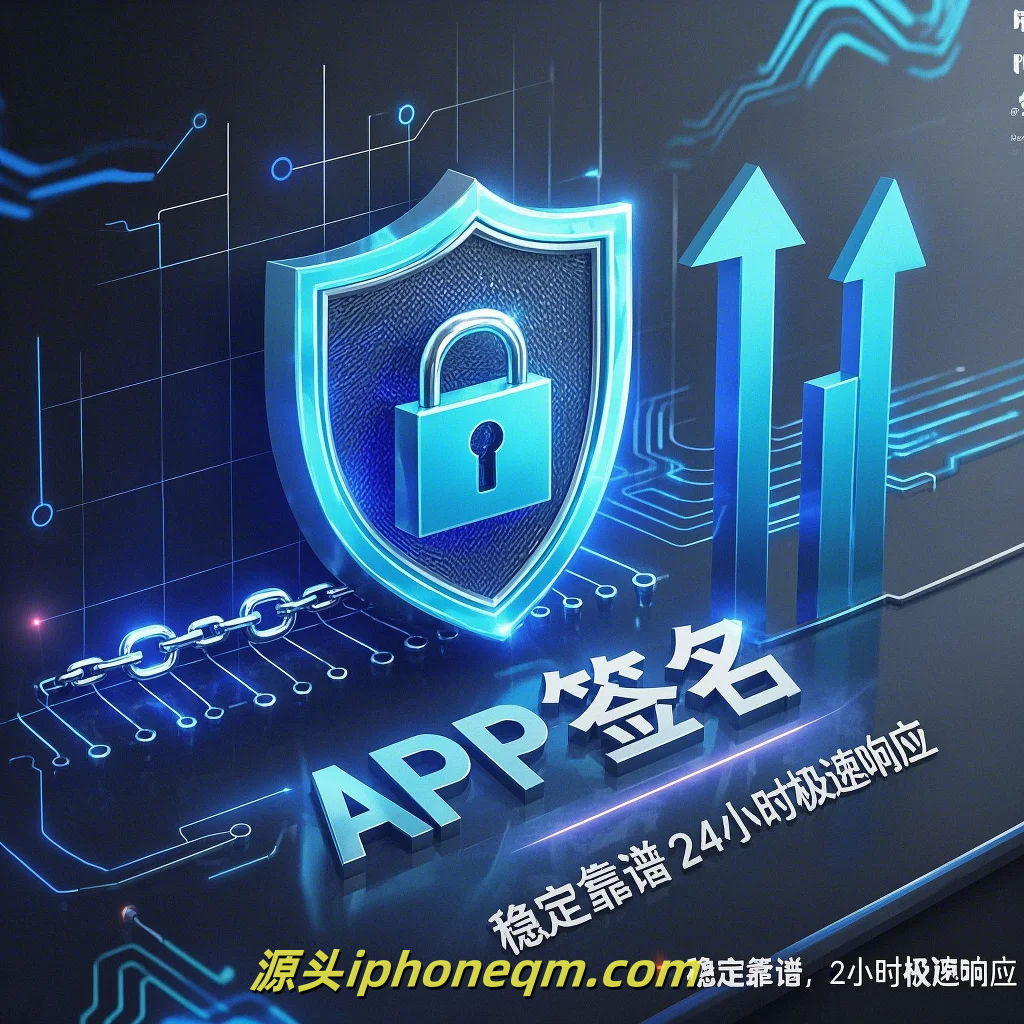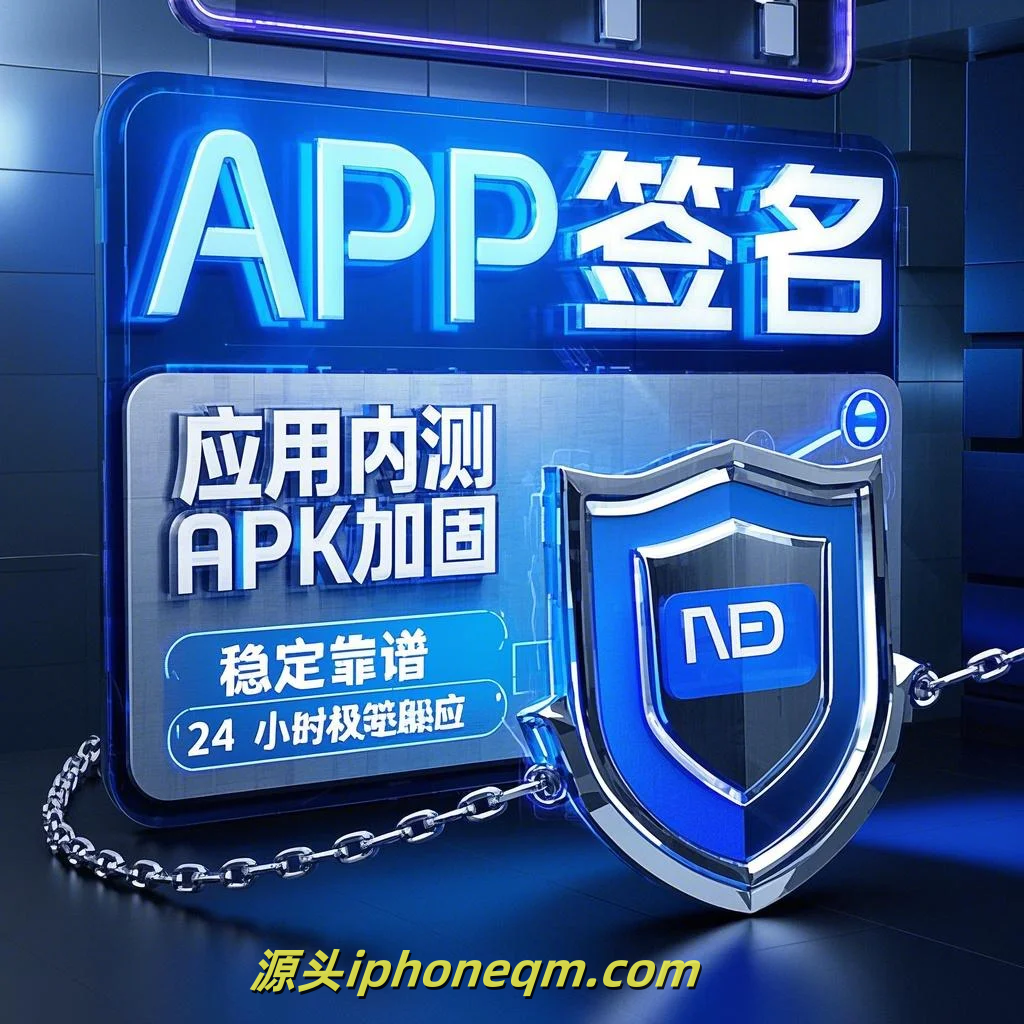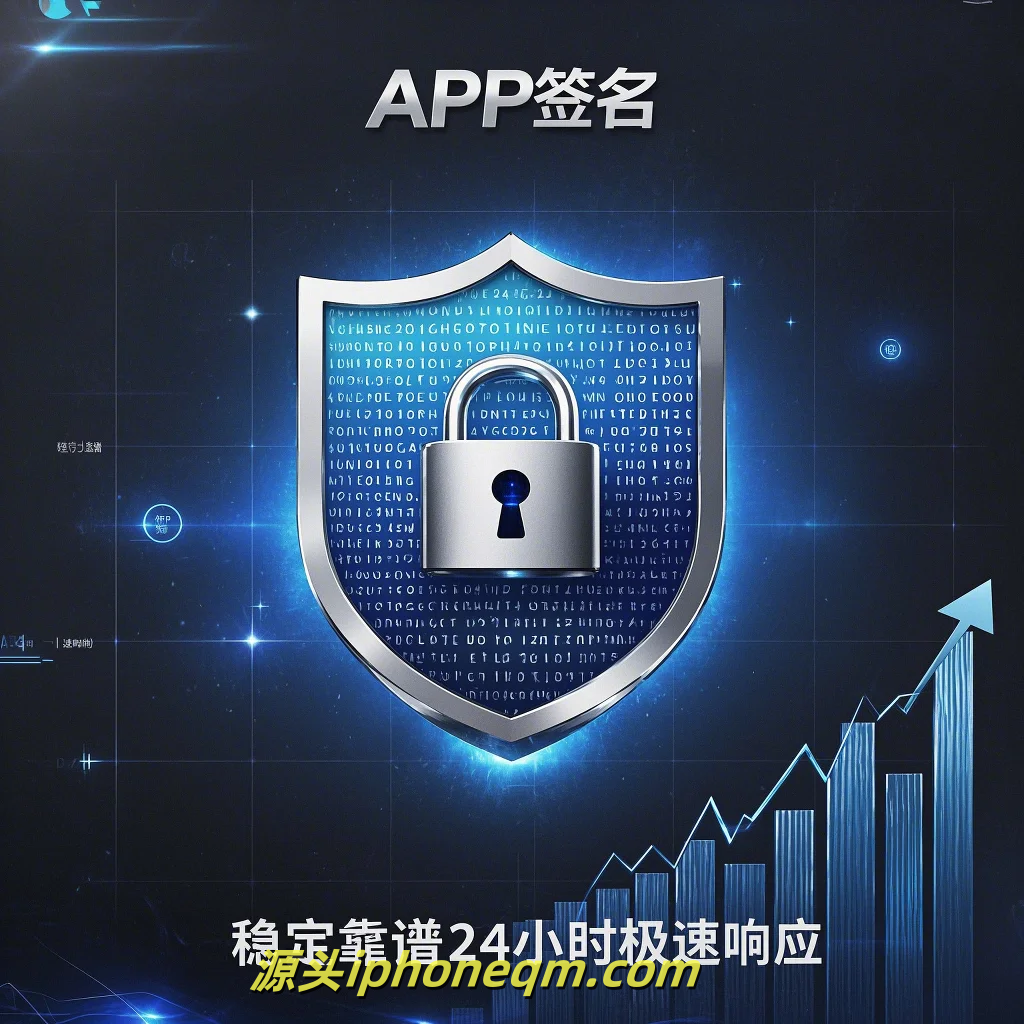Enhancing Trust in iOS Apps through Signed Certificates
In today's digital age, trust is paramount when it comes to using mobile applications, especially in the iOS ecosystem. With the increasing number of cyber threats and data breaches, ensuring that users feel safe while using apps is a critical consideration for developers. One effective way to enhance trust in iOS applications is through the implementation of signed certificates.
A signed certificate serves as a digital passport for an application. It verifies the identity of the app developer and ensures that the app has not been altered or tampered with since it was signed. This is particularly vital for iOS apps, as Apple has established a stringent review process to maintain the integrity of its App Store. When users download an app, they want assurance that it is legitimate and that their personal information will not be compromised.

The process of obtaining a signed certificate begins with registering as an Apple developer. Once registered, developers can create a certificate signing request (CSR) and submit it to Apple. Apple then verifies the request and issues the certificate, enabling developers to sign their applications securely. This signing process adds a layer of protection, making it difficult for malicious actors to distribute fake or harmful apps.
Moreover, signed certificates contribute to enhancing user trust by allowing for transparency. Users are more likely to download and use apps from developers who provide clear and verifiable information about their identity. When an app is signed, iOS provides users with details about the developer, helping them make informed decisions. This transparency reassures users that they are engaging with a trusted source, further solidifying the app’s credibility.
In addition to user trust, signed certificates help in maintaining app integrity. Once an app is signed, any unauthorized changes will result in a failure of the signature verification process when the app is launched. This means that if a hacker attempts to alter the app's code to inject malware, the app will become untrusted, and the device will prevent it from running. By ensuring that only the original, unmodified version of the app is executed, signed certificates play a crucial role in protecting both user data and device functionality.
Furthermore, in a landscape where privacy concerns are growing, signed certificates align with the principles of secure coding and data protection. By implementing best practices that include code signing, developers can demonstrate their commitment to safeguarding user information. This commitment not only enhances trust but also establishes a positive reputation for the developer within the marketplace.
It's also important for developers to keep their certificates up to date. Expired or revoked certificates can lead to trust issues, as users may receive warnings or be unable to install or update apps. Regularly renewing certificates ensures that apps maintain their trustworthiness and provides a seamless user experience.
In conclusion, signed certificates are essential tools for enhancing trust in iOS applications. By verifying the identity of developers, ensuring app integrity, promoting transparency, and adhering to best practices in security, signed certificates assure users that their data is safe. As the digital landscape evolves, prioritizing trust through mechanisms like signed certificates will be crucial for developers looking to thrive in a competitive market. Trust is not just an abstract concept; it is a fundamental pillar upon which successful iOS apps are built.
扫描二维码推送至手机访问。
版权声明:本文由MDM苹果签名,IPA签名,苹果企业签名,苹果超级签,ios企业签名,iphoneqm.com发布,如需转载请注明出处。











